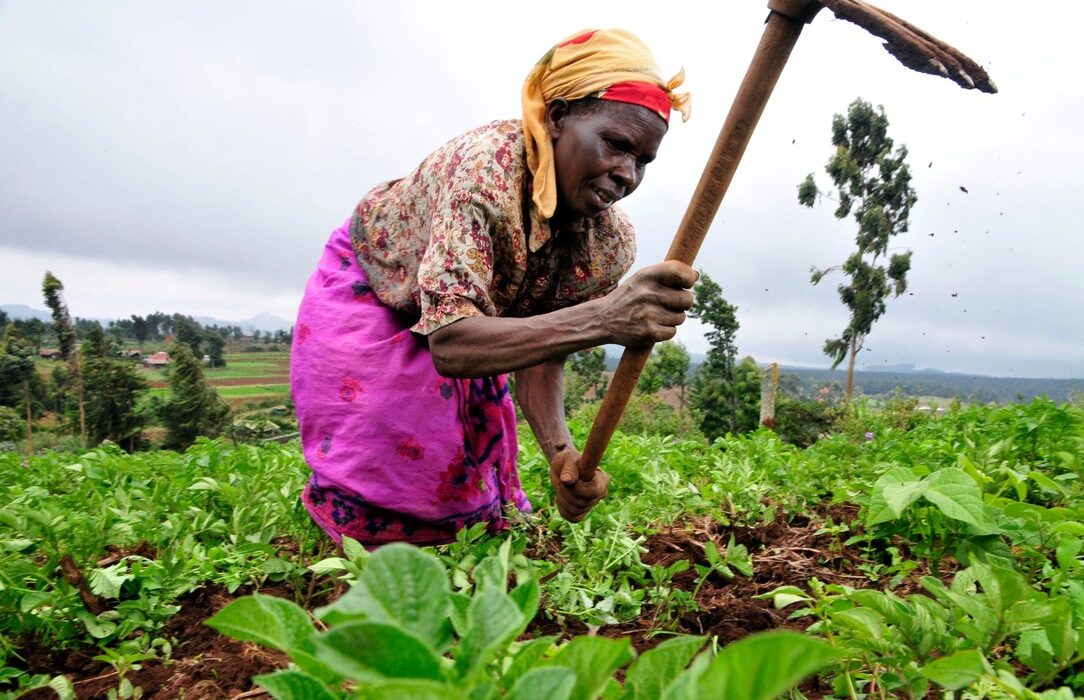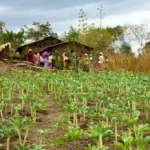Community Impact: Startups Transforming Local Economies Across Africa

It is a well-known fact that, today, national economies are in perpetual movement and continuous evolution. Economies are constantly changing and startups are undoubtedly one of the most important driving forces behind this phenomenon. Startups have the great potential to disrupt entire industries, spur innovation, encourage more investments, enhance competition, offer new products and services, grow markets, create new jobs etc.
HOW STARTUPS CREATE JOBS IN LOCAL COMMUNITIES
Startups flourish in developing countries, war-torn countries, and countries that are new to entrepreneurship. And entrepreneurship can boost the growth of a nation. Startups and other small companies are crucial to economic expansion. This is because they create jobs, and jobs lead to lower unemployment rates. Lower unemployment rates translates into a more developed and better functioning economy.
As these entrepreneurial ventures set up their operations, they actively hire employees who share their vision and drive. This direct employment contributes significantly to the economy, providing individuals with new job prospects and steady income streams
Asides this, startups also spur competition and encourage people to be more innovative and creative. The fact that new business owners have fresh ideas to share just stimulates creativity and innovation.
It’s safe to say that startups are the most significant element for the success and growth of the economy. Startups also maximize profits through technological innovations. This eventually improves the GDP of an economy and transfers money into the hands of the customer.
STARTUPS AND THE LOCAL SUPPLY CHAIN
The local supply chain benefits a whole lot from the startup ecosystem in Africa. A good example of a startup that encourages the local supply chain is Twiga Foods. Twiga foods has emerged as a catalyst for change, positively impacting farmers, vendors and comsumers alike. The shared vision of Twiga when they first began operation in 2014 was to address the challenges faced by small-scale farmers in accessing reliable markets and fair prices for their produce.
Starting with a focus on bananas, Twiga Foods gradually expanded its operations to include a diverse range of fresh fruits, vegetables and staple crops. The company’s commitment to leveraging technology to streamline the supply chain has led to significant advancements in the agricultural sector across Africa.
As a successful technology-enabled based food distribution company in Kenya, the company offers market-based solutions through an innovative business-to-business model. It connects suppliers with vendors operating micro, small and medium entreprises (MSMEs), providing consumers with access to high-quality products and retail services.
Through Twiga’s cashless mobile-based application, vendors can place orders for various products (mostly fruits and vegetables). The company delivers orders within 24hours, sourcing directly from farms, including smallholders. The direct linkages with suppliers, growing comsumer demand and use of mobile-based applications have allowed Twiga to build more robust and efficient supply chains.
ACCESS TO ESSENTIAL SERVICES
The level of living for people in society is raised through start-ups. New ideas and technologies introduced by start-ups contribute to raising the level of living in the community. For instance, a business that makes healthy products contributes to raising the standard of life of people.
They contribute to their improvement because they now have jobs and can support themselves. To develop quickly, generate more jobs, and ultimately raise the standard of life of people via their innovations and creativity, successful start-ups must have ambition and potential.
THE LOCAL INNOVATION HUB
Startups are renowned for their capacity to innovate. Unlike larger corporations, most startups operate with more flexibility and less bureaucracy, enabling rapid adaptation and innovation.
In fact, according to the Global Startup Ecosystem Report 2021, startups globally contribute approximately $3 trillion to the economy, a figure on par with a major world economy.
Moreover, these hubs contribute to economic diversification. By fostering industries based on innovation and technology, countries can reduce their dependence on traditional industries, which may be vulnerable to global shifts in commodity prices or manufacturing trends. For example, Estonia’s focus on digital innovation and e-governance has branded it as one of the most digitally advanced societies in the world, promoting stability and growth in it’s economy.
The tech industry is also home to clusters with Silicion Valley as the most reputable tech cluster worldwide and YabaCon Valley, as the most popular in Nigeria. Housing a significant number of businesses and startups, Yaba area in Lagos State is considered as the leading hub for high-tech innovation and development in Nigeria.
FINANCIAL INCLUSION
Let’s talk about a startup that promotes financial inclusion – JUMO. JUMO offers savings and credit products to entrepreneurs, as well as financial services infrastructure to partners such as eMoney operators, mobile fintech platforms and banks. The company’s mission is to build and operate inclusive digital banking marketplaces to advance financial inclusion for the 80percent of the world’s population who are excluded or undeserved by traditional financial services.
Advancing inclusive access to and usage of affordable formal financial services is vital to promoting vital financial health, economic empowerment, financial stability and sustainable growth.
STARTUPS AND SUSTAINABLE DEVELOPMENT
Startups are at the forefront of innovation, challenging traditional norms and disrupting established industries. They bring fresh ideas, creative solutions and novel approaches to address the unique challenges faced by Africa. By fostering a culture of innovation, startups are driving sustainable growth through groundbreaking products, services and business models that meet the evolving needs of African communities.
Startups in Africa are aligning their ventures with the United Nations Sustainable Development Goals (SDGs) which serve as a blueprint for global development. They are actively tackling issues such as poverty, gender inequality, renewable energy, climate change and access to education. By embedding sustainability into their core operations, startups contribute directly to Africa’s progress towards achieving the SDGs, fostering a more sustainable future.
CONCLUSION
Startups have the power to shape Africa’s sustainable growth trajectory. Through innovation, job creation, technology adaptation and a focus on the SDGs. Startups are transforming industries, empowering communities and driving positive change. By fostering an enabling environment and providing support to startups, we can unlock Africa’s immense potential and create a prosperous, inclusive and sustainable future for the continent. Let us celebrate and support startups as catalysts for Africa’s sustainable growth journey, driving economic prosperity, social progress and environmental stewardship.









